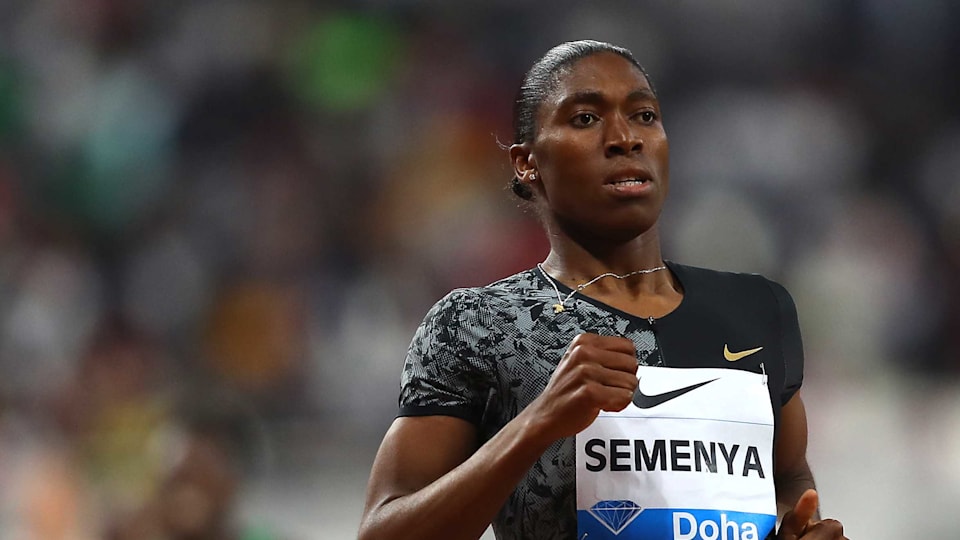
Athletics South Africa will appeal the decision made by the Court of Arbitration for Sport (CAS) to reject Caster Semenya's challenge to the IAAF's Hyperandrogenism Regulations.
South African sports ministry spokesman Vuyo Mhaga told AFP the action will be filed to Switzerland's Federal Supreme Court: "We'll file the appeal as soon as we possibly can."
The CAS ruling means the double Olympic 800m champion would need to suppress her testosterone levels in order to continue competing at her best event and the 1500m.
"We feel that the scientific information that has been brought has been actually completely ignored and we've got a belief that a different court will arrive at a different determination." - Vuyo Mhaga on appealing the CAS decision concerning Caster Semenya
The story so far
Semenya had gone to CAS to appeal the IAAF's modified hyperandrogenism rules published in March last year.
They stated that female athletes with a Difference of Sexual Development (DSD) - including the presence of the male XY chromosome pair - competing at distances between 400 metres and a mile must take medication to reduce their testosterone levels to 5 nmol/L.
After her 2009 World Championship win and subsequent gender verification testing, the IAAF brought in its first set of hyperandrogenism measures in 2011 forcing athletes with DSDs to suppress their testosterone concentrations.
These led to a decline in Semenya's performances, but in 2015 CAS found in favour of Indian sprinter Dutee Chand who had been barred by her national athletics federation from competing at the 2014 Commonwealth Games due to the regulations.
Chand's victory, as told in the Olympic Channel series 'Foul Play', saw the IAAF hyperandrogenism rules suspended for two years pending further scientific evidence and testing allowing Semenya and others to compete without having to reduce their testosterone levels.
After several delays, the IAAF came up with updated regulations restricted to distances between 400m and a mile which were due to come into effect last November.
Semenya went to CAS who announced their ruling against her on 1 May.
Despite expressing "serious concerns" over the "application of these DSD regulations", CAS dismissed her appeal.
The fallout
There has been considerable support for Semenya inside athletics and beyond.
Her main rival over 800m, Burundi's Rio 2016 silver medallist Francine Niyonsaba, told Olympic Channel that the IAAF proposals were "about discrimination".
Like Niyonsaba, Rio 2016 bronze medallist Margaret Wambui has also been suspected of having a DSD.
After the verdict, she gave Semenya her backing.
IOC president Thomas Bach expressed her sympathy for Semenya and admitted the issue was "extremely delicate and extremely difficult".
Semenya made a late entry to run at the Diamond League opener in Doha, winning what could be her last 800m in typically dominant style with Niyonsaba again in second.
In order to defend her 800m world title in Doha later this year, she needed to start taking medication to reduce her testosterone levels on 8 May.
But the 28-year-old insisted she would not do so and that she would carry on as before.
One of CAS's "serious concerns" was a lack of "concrete evidence of actual (in contrast to theoretical) significant athletic advantage" in the 1500m and mile races.
CAS suggested that the IAAF should defer applying the regulations to these events until more evidence became available, but IAAF president Sebastian Coe said in Doha that they would not do so.
Now the appeal has been lodged, that decision will be examined again to see if Semenya and her fellow athletes with DSDs will be able to run without having to reduce their testosterone levels.
